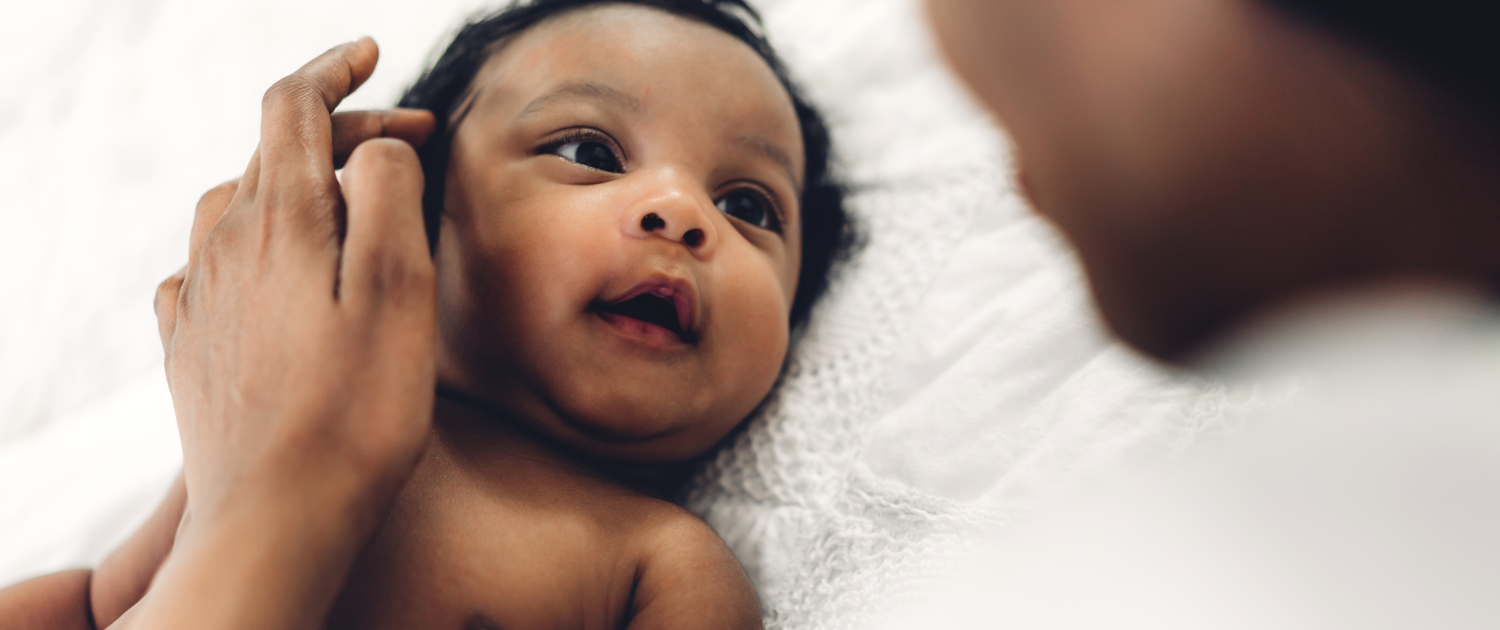Right to Life
Art. 16.3 of the UDHR states: “The family is the natural and fundamental group unit of society and is entitled to protection by society and the State”. The right of the family to live as an integral whole is protected also by other international instruments whether under international human rights law or international humanitarian law.
States have the obligation to provide the widest possible support and protection for the family as the natural and fundamental group unit of society and allow it to fully assume its role in the community and provide a conducive environment for the growth and well‑being of its members.
APG23 has a long history in promoting e defending the family, being it the natural environment for the growth and well being of all its members, in particular, children. APG23 prioritises supporting the family of origin to continue caring for its children but, when this is not possible, seeks to provide children in need with a substitute family such as a family home or a fostering family.
Owing to rapid socio-economic and demographic transformations that have affected society and culture in recent years, the family as the first, fundamental and vital cell of society and intended as the stable and true relationship of a man and a woman bond in marriage and open to the procreation of children, finds itself increasingly challenged. Attempts to redefine the very institution of marriage, the culture of the ephemeral and relativism, the lack of openness to life are all elements that shakes the family as the natural and fundamental group unit of society. A new form of aggression to the family is also the commercial maternal surrogacy, a phenomenon that violates the human dignity since it considers new-born babies as commodities open to the market where businesses companies are exploiting natural mothers forced to this form of trade as a strategy to survive from poverty.
As conditions have worsened for many families around the world, States and international organizations must commit to enact effective policies and measures to provide the necessary comprehensive support for the family and its members, including through promoting affordable, accessible and quality care services for children and other dependents, parental and other leave schemes, as well as formulating family sensitive policies in the field of housing, work, health, social security and education in order to create an environment supportive of the family.
Since 2014, in occasion of the International Year of the family, an alive and controversial discussion on “Protection of the family” is taking place at the Human rights Council, with two resolutions already adopted by voting (res. 26/11 and res. 29/22).
APG23 is seized on this crucial matter.
| Year | Un Bodies | Session | Agenda Item / Title / Document | Activity | Promoted | Country |
|---|---|---|---|---|---|---|
| 2014 | Human Rights Council | 27 | Right to life, liberty and security of the person: combating the phenomenon of blood feuds | Oral statement | APG23 | |
| 2014 | Human Rights Council | 27 | Right to life, liberty and security of the person: combating the phenomenon of blood feuds | Written statement | APG23 | |
| 2023 | Human Rights Council | 52 | UPR Netherlands - 4th cycle | Oral statement | APG23 | Netherlands |
| 2023 | Human Rights Council | 52 | On the UPR of the Netherlands and Brazi | Written statement | APG23 | Netherlands, Brazil |

